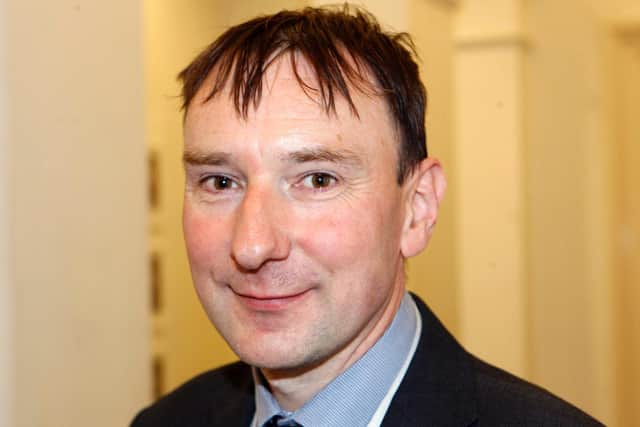Report reveals future of Kirklees care homes and why there will be less centres
and live on Freeview channel 276
And it will probably mean fewer care homes in the future.
A report commissioned by Kirklees Council in partnership with Rotherham Council has looked at the care home market, which is said to be “fragile” following the impact of the coronavirus pandemic.
Care home provision in some areas is said to be suffering from reduced volumes of new residents or respite cases, and a higher number of deaths.


Advertisement
Hide AdAdvertisement
Hide AdThe draft report, which is due to be finalised in May or June this year, found that locally and nationally there has been “a gradual shift” away from people choosing to move into care homes.
Health chiefs said the sector is evolving and that in future older people will spend a shorter time in care homes with a push to help people to live independently in their own surroundings via domiciliary support.
Kirklees Council’s Director for Commissioning, Public Health and Adult Social Care, Richard Parry, said: “It doesn’t mean that we won’t need care homes or nursing homes but they are likely to support fewer people and more likely people with more complex needs and for a shorter period of time.”
He stressed that the situation was not Kirklees specific.
He added: “Think back a decade and a half to two decades ago.
Advertisement
Hide AdAdvertisement
Hide Ad“Care homes were retirement homes. People moved into them at a relatively young age and were out and about in their community.
“That’s not the case anymore.
“There will be a shift in the market. What it will mean is we may need fewer providers and they will need to adapt to be providing a slightly different offer.”
Kirklees has seen a significant rise in the level of domiciliary care that pre-dates the Covid-19 pandemic.
The number of hours of care provided to people in their homes has almost doubled in around a year: from 8,000 hours per week to nearly 15,000.
That upward trend is expected to continue.
Advertisement
Hide AdAdvertisement
Hide AdAs they react to these “alternative models” of care health bosses have recruited an extra 1,000 people including 400 “personal assistants”.
They are described as people employed outside the normal home care agencies often on a one-to-one basis for those needing support in their own homes.
In addition self-employed people will be used to work in “niche” areas such as BAME or rural communities.
Mr Parry said: “If we manage the transition it won’t have a detrimental impact. This is about enabling providers to adapt their model of delivery to meet what will be the demand over the coming years.”